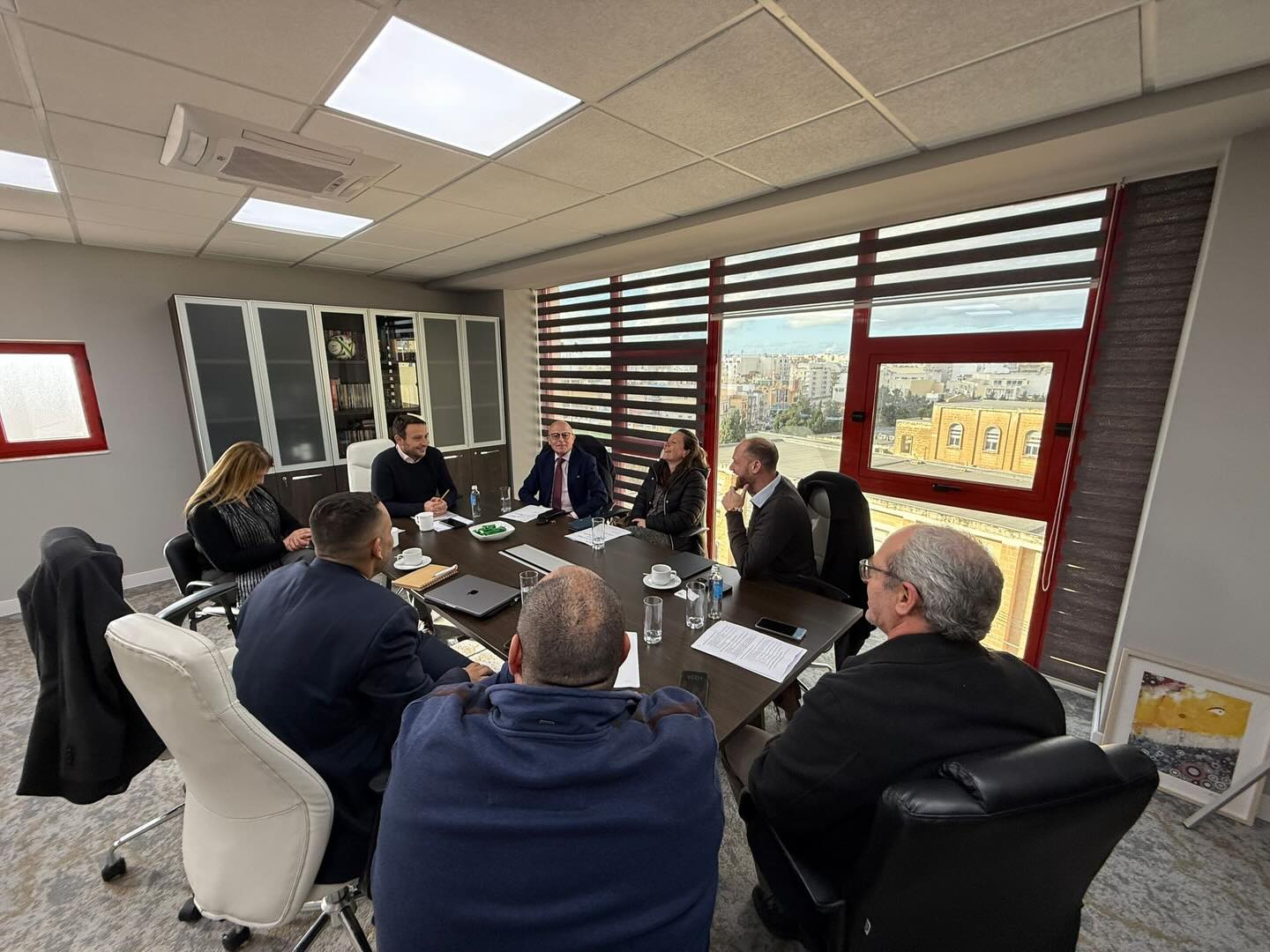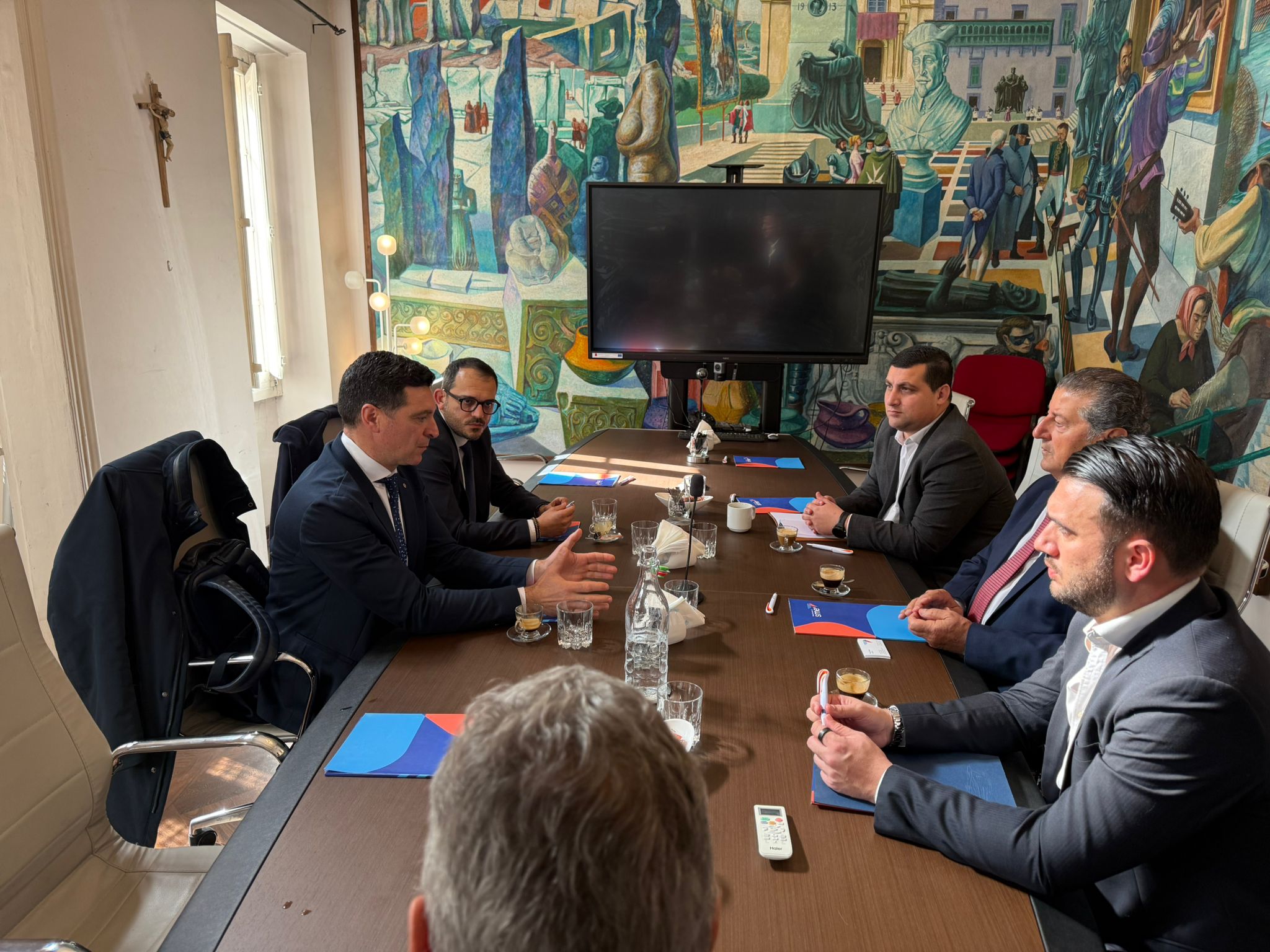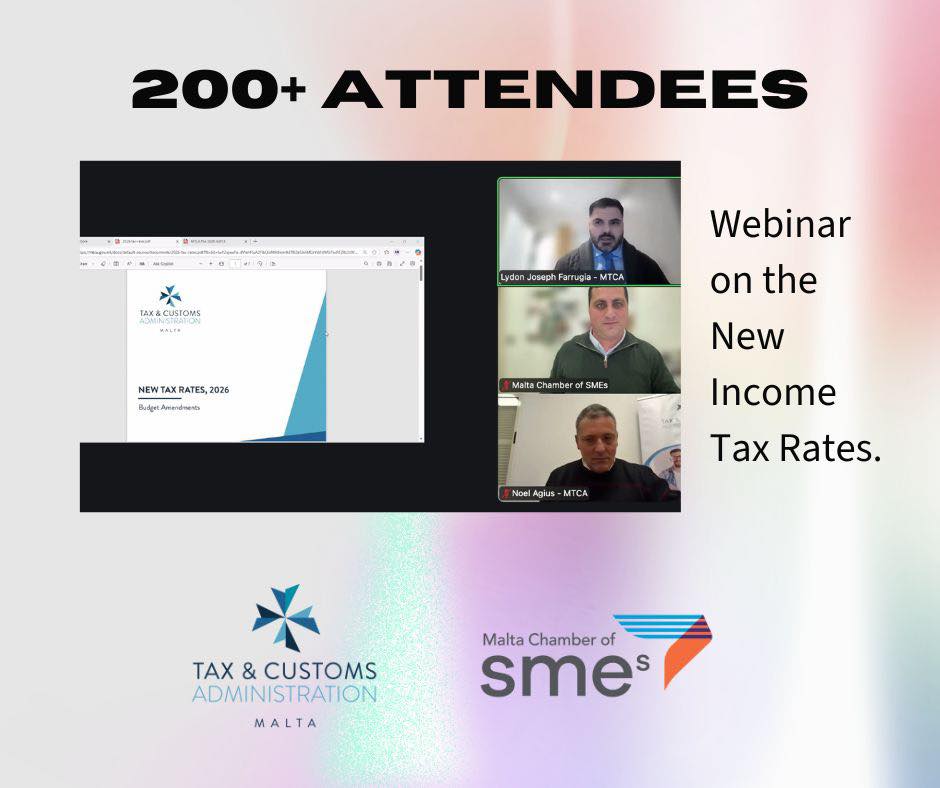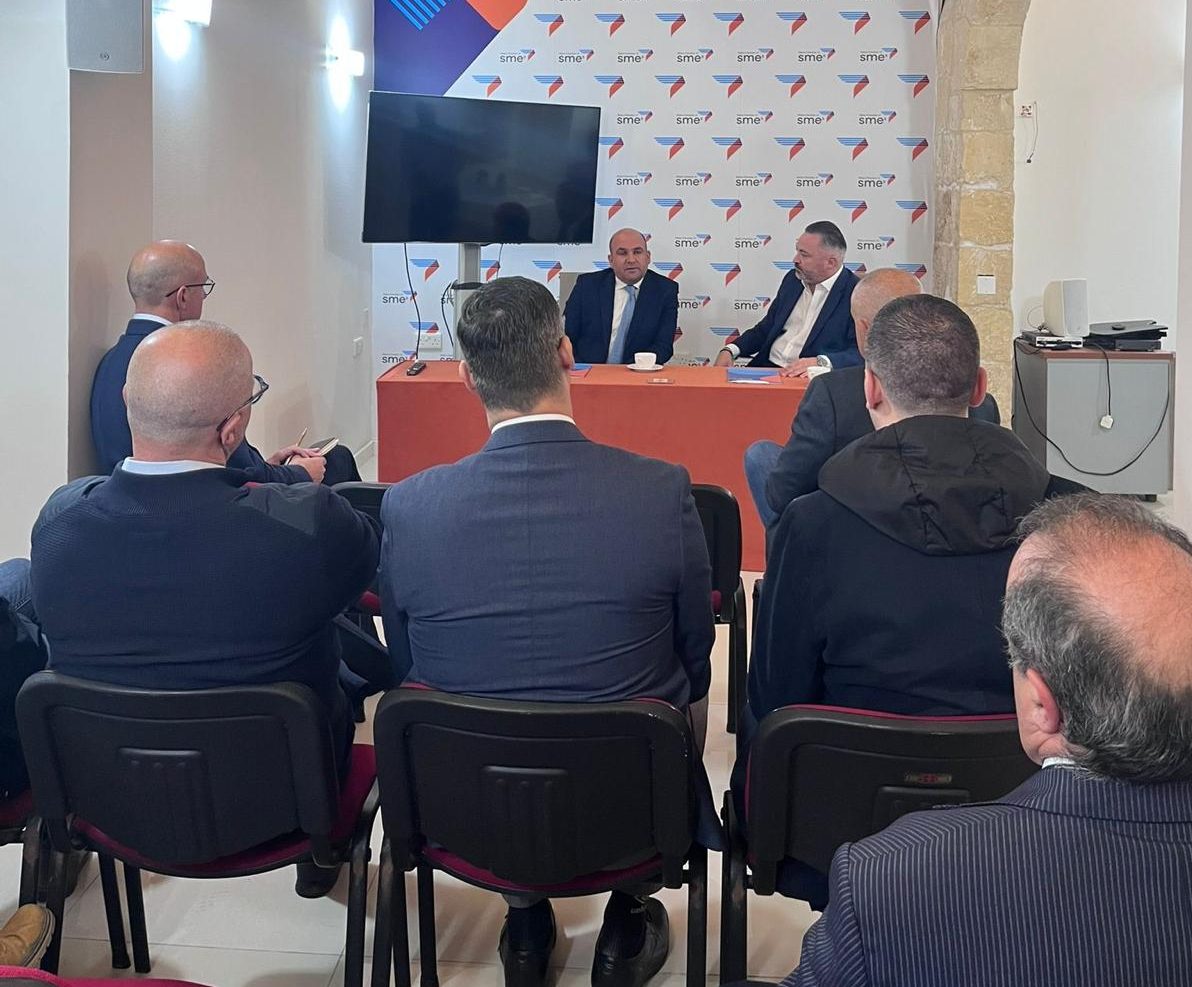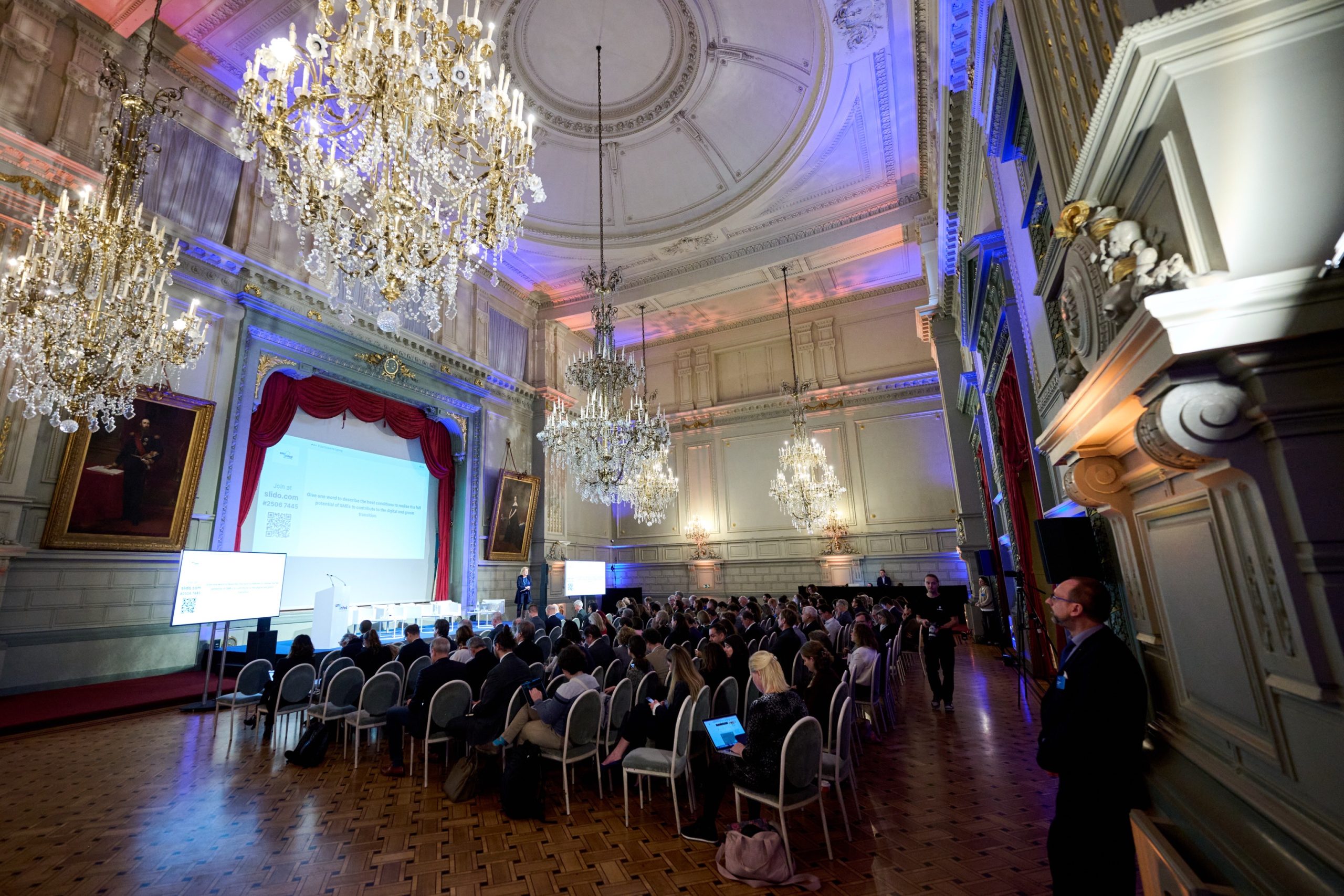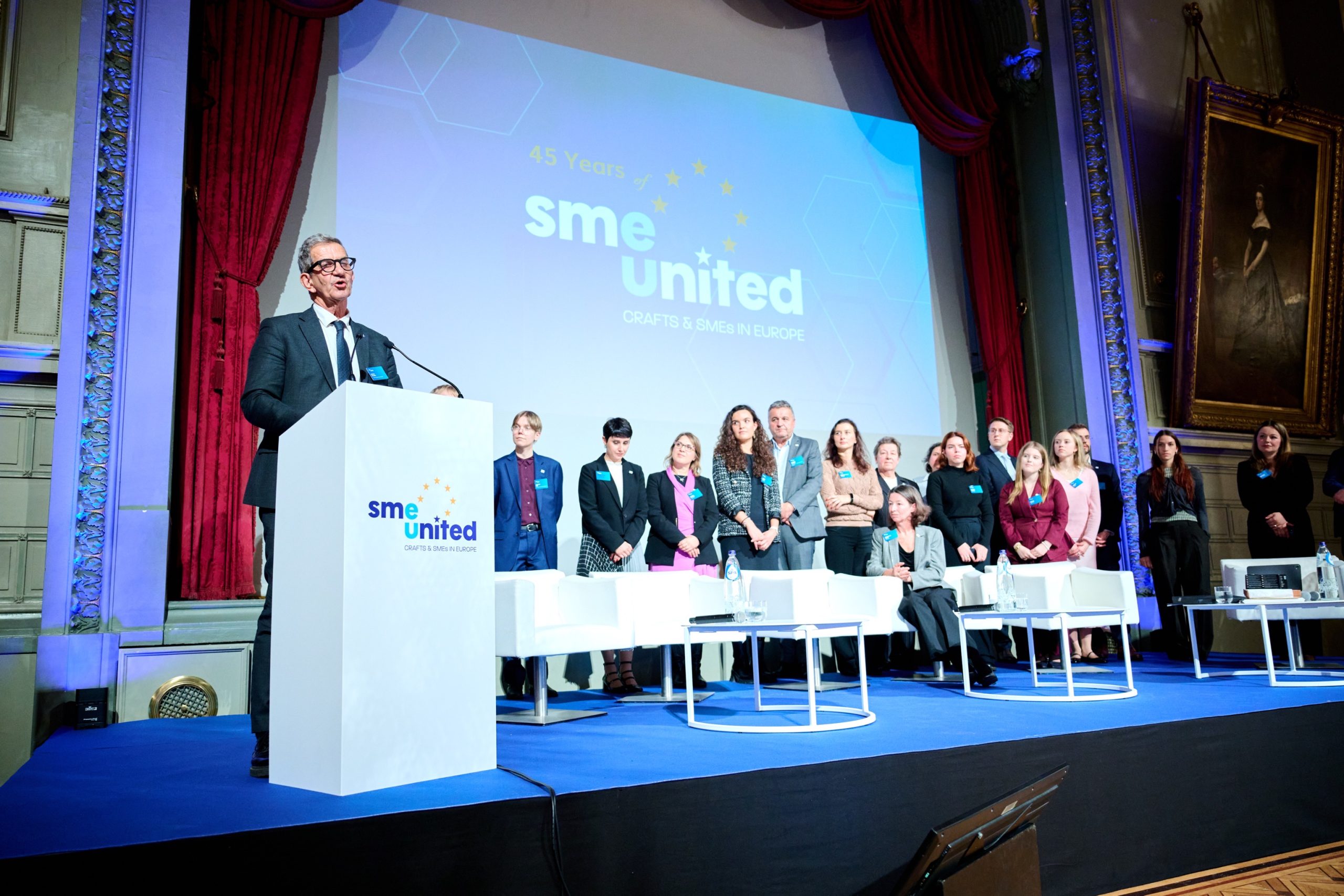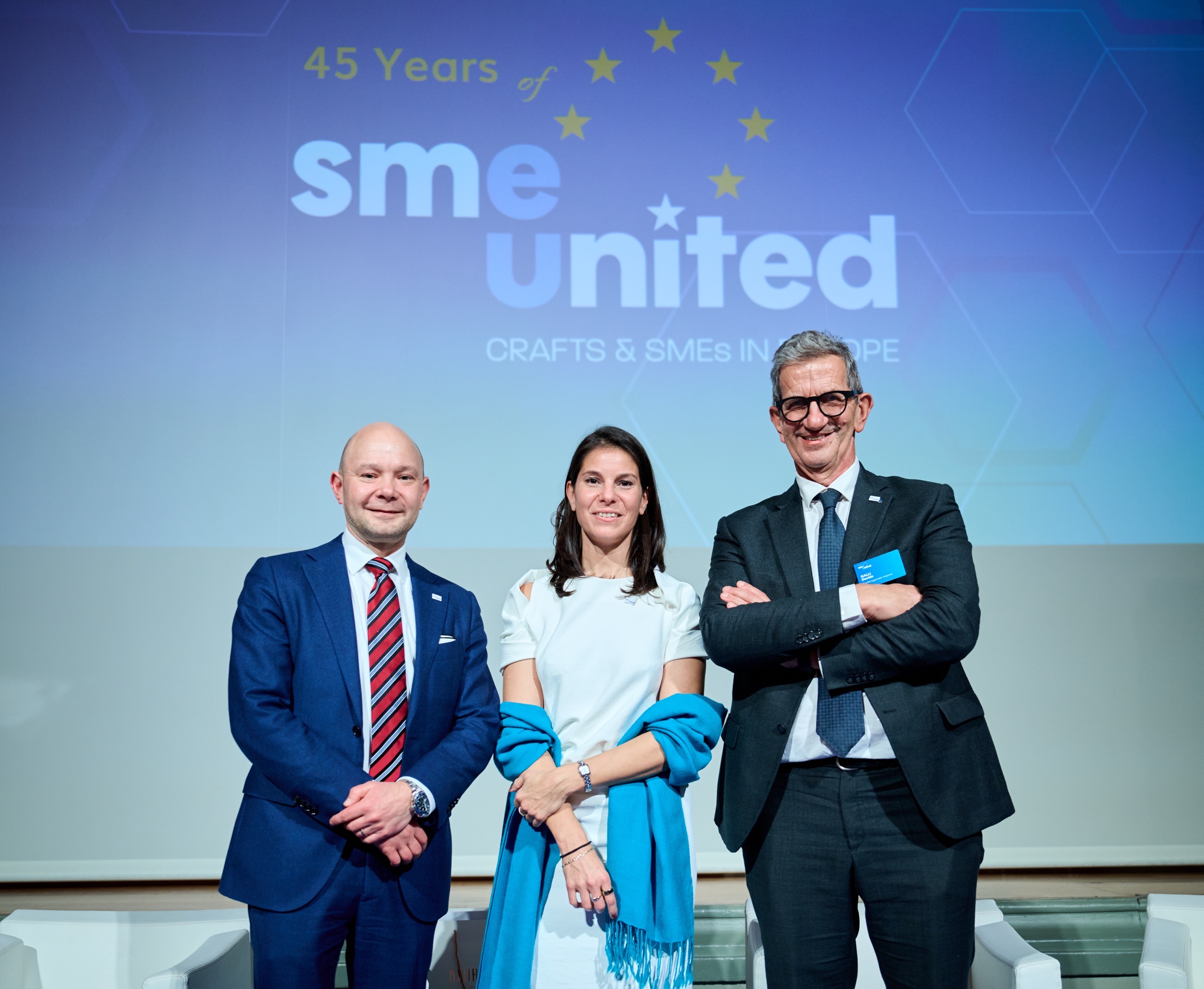
The Occupational Health and Safety Authority (OHSA) is consulting on a new Administrative Instrument designed to legally mandate safety protocols for all outdoor workers, including self-employed individuals and those in construction, transport, and landscaping—during extreme weather events, defined as Red Alert warnings or Force 9-10 gale winds.
This Administrative Instrument will apply to work carried out outdoors, including, but not limited to, construction work related activities, maintenance, civil engineering, landscaping, work at heights, maritime activities, road works and any other activities involving work undertaken outdoors.
The proposed rules establish a strict three-phase approach:
Pre-Storm Preparedness: Duty holders must have a dedicated contingency plan, secure all loose infrastructure (scaffolding, cranes), and identify vulnerable workers before bad weather hits.
During the Event: There is a mandatory cessation of all outdoor activities; works on roofs and temporary structures must stop, lifting equipment must be secured (cranes left free to slew), and electrical sources isolated.
Post-Storm Recovery: Work cannot resume until the weather alert is lifted and a thorough site inspection confirms that structural integrity and safety controls have been restored.
The full document can be found here
Members wishing to provide feedback are kindly requested to submit any feedback by Wednesday 11th February at noon by sending an email to .

